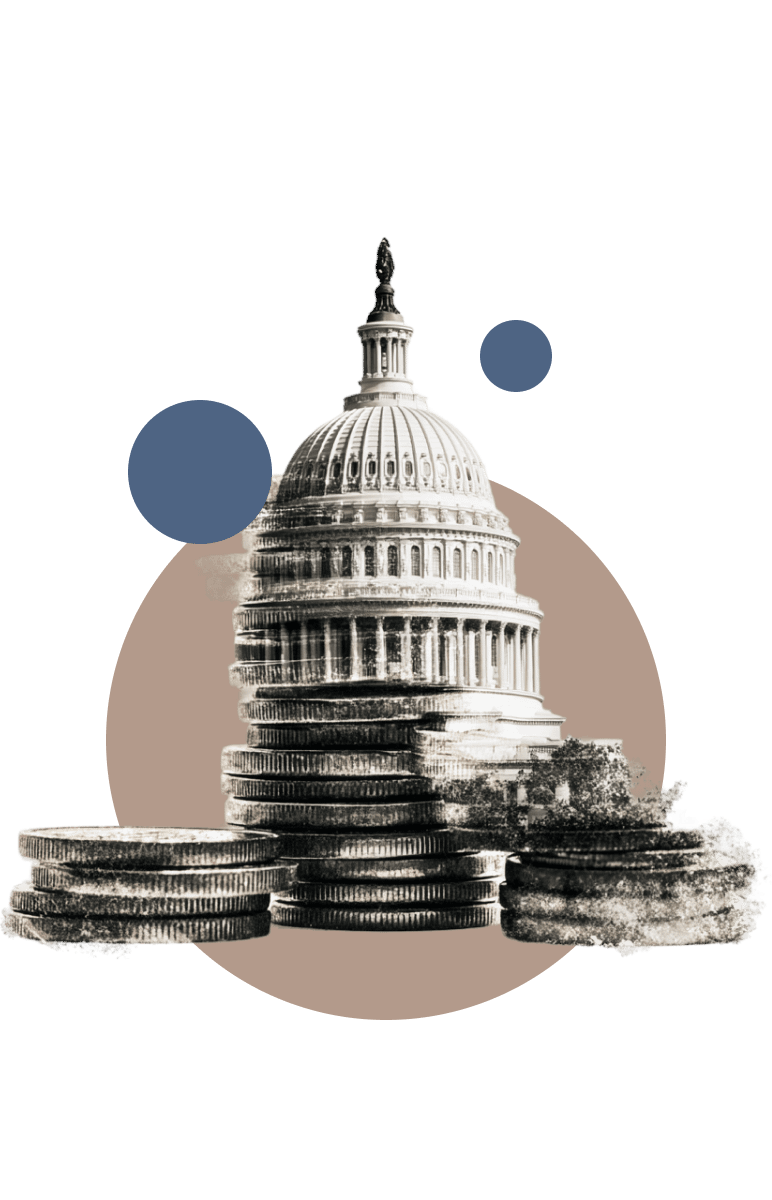The federal government provides many different forms of relief for victims of terrorist attacks. Tax relief is one way that many survivors’ families find a financial cushion from federal policy. This income tax rule alleviates the burden on families who have a member who has died from wounds, injury, or illness related to certain terrorist attacks, including 9/11 related illnesses.
At Pitta & Baione LLP, our firm specializes in consulting with 9/11 survivors and their family members in order to help them navigate the full landscape of possible compensation available. We can help assess your eligibility for many different kinds of federal programs designed for terrorist attack victims and their families, from the Victims Compensation Fund to the World Trade Center Health Program (WTCHP) and more. For a consultation, contact our offices today.
Understanding the Tax Relief for Victims of Attacks Act
The federal government recognizes that families affected by terrorist attacks have undergone trauma that can take a toll on every level of well-being, from physical health to mental, emotional, and financial states and abilities. The Tax Relief for Victims of Attacks Act was one attempt in the wake of 9/11 to recreate some stability for those affected, and provide immediate relief through tax exemptions. Two days after the events of 9/11, a bipartisan group of legislators led by Rep. Bill Thomas, then Chairman of the House Ways and Means Committee, introduced H.R. 2884. The bill was signed into law by President Bush.
Several states, including New York, then followed suit after 2001 with their own Tax Relief for Survivors of Terrorist Attack bills in order to support this federal effort.
Eligibility Criteria for 9/11 Victims
Several categories of people and their families may qualify for the Tax Relief for Victims of Attacks Act. Those who died as a result of 9/11, the April 19, 1995 Oklahoma City bombing or anthrax attacks from 2001-2002 all may receive direct tax relief in the form of exemptions and compensation to their families. Other covered deaths include combat zone related deaths of members of the armed forces in Section 103 of the bill. Additional exemptions are also made available for payments from charitable organizations related to the terrorist attacks, disability payments related to 9/11, and more.
Importantly, those who died of terrorist related wounds, injuries, and illnesses are also considered under this law.
Therefore, if you or a deceased loved one were diagnosed with conditions like lung cancer, brain cancer, sarcoidosis, or other ailments due to your exposure to 9/11, you may qualify for this federal and state tax exemption.
Benefits Provided by the Act
The Tax Relief for Victims of Attacks Act is a vehicle for multiple different kinds of direct benefits to families. It does not only lower a family’s tax burden after a death, it also creates additional 9/11 victims tax benefits that can help families for years to come. Under the 2001 law, your family may qualify for any of the following tax-free benefits:
- Waived income tax liability for multiple years: Income tax liability can be waived from the year of the attack through to the year of a qualifying death.
- Tax forgiveness benefits: At least $10,000 in benefits are provided to the families of the deceased victim of the terrorist attack. For those who qualify, the total tax forgiveness may be even higher.
- Tax-free special death benefits from employers: Many employers provide tax benefits to the surviving family members of an employee. After this federal law, those benefits are considered tax-free under most circumstances when they are paid to someone who died from the Oklahoma City bombing, anthrax, 9/11 or a 9/11-related illness.
- Overall lowered death tax rates: The first $8.5 million of a victim’s estate is excluded from the federal death tax, and additional benefits of $3 million are provided in most state death taxes as well.
- Operation Enduring Freedom tax relief: Lowered death taxes are applied to service members who died in the line of duty during combat related to 9/11.
- Debt relief: Debt forgiveness from creditors after a terrorist incident can also be considered tax-free under the Tax Relief for Victims of Attacks Act.
- Disaster relief payments: This law also made it easier for charitable donations and disaster relief payments to be given to families at a tax-free rate.
The above is not an exhaustive list of the financial relief available for victims’ families. Pitta & Baione LLP specializes in finding help and compensation for 9/11 survivors and families who have lost a loved one due to 9/11 related injuries and illnesses. The Victim Compensation Fund provides compensation for many covered illnesses.
Resource and Support
The Tax Relief for Victims of Attacks Act is important because it was one of the first ways that the federal government, followed by several state governments, recognized the lasting impact that the events of 9/11 and other terrorist attacks have on families. Experiencing a traumatic event like 9/11 reverberates throughout every part of a family’s well-being. This tax relief bill was an effort to keep money in the hands of victims’ families at a time when they needed it most. It is still in effect today, just as many individuals find that losses from 9/11 continue in the forms of preventable illnesses, health conditions, and deaths connected to the tragedy.
For help with 9/11 compensation, reach out to Pitta & Baione LLP for assistance with your VCF claim and more. We can help you understand if your family qualifies for benefits for 9/11 survivors and tax relief.
Your Attorneys On-Call
Pitta & Baione LLP was founded to advocate for 9/11 victims and provide dependable counsel. Beyond our core work, we serve as trusted legal advisors on various matters, including litigation, real estate, business law, and have experience with mass tort cases, such as Round Up. Our experienced team and extensive pofessional network ensure comprehensive support. Think of us as your on-call attorneys — ready to help when you need us.


Pitta & Baione LLP was founded to advocate for 9/11 victims and provide dependable counsel. Beyond our core work, we serve as trusted legal advisors on various matters, including litigation, real estate, business law, and have experience with mass tort cases, such as Round Up. Our experienced team and extensive pofessional network ensure comprehensive support. Think of us as your on-call attorneys — ready to help when you need us.




